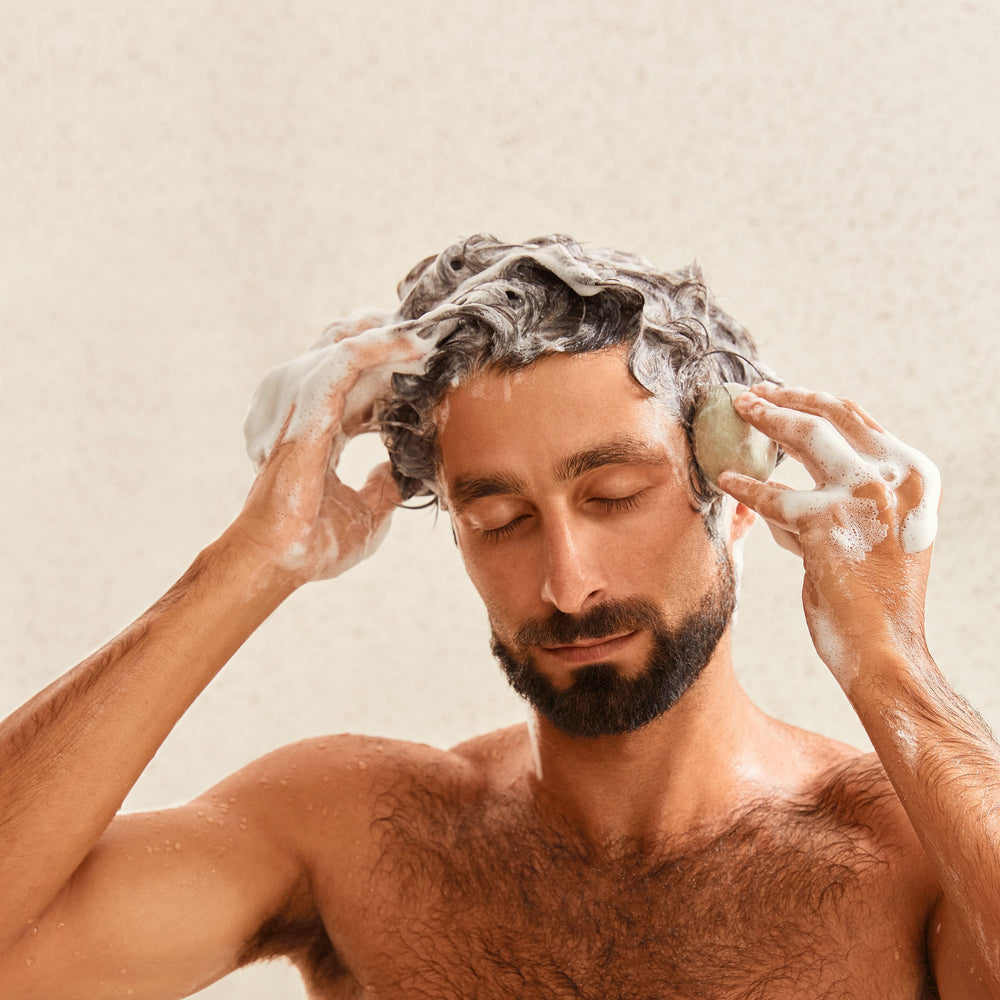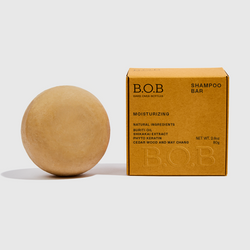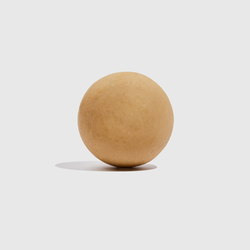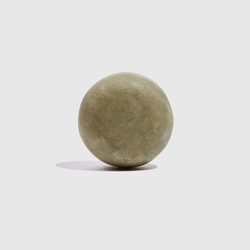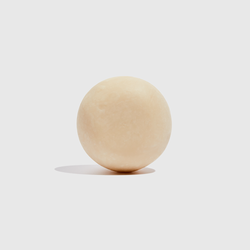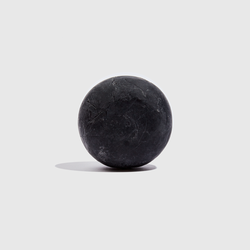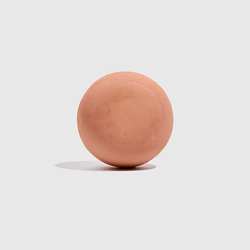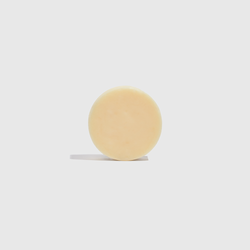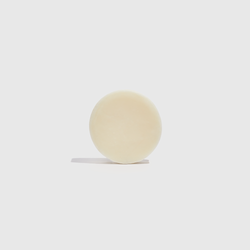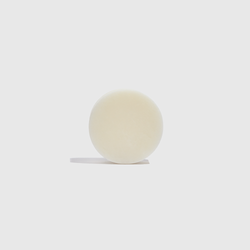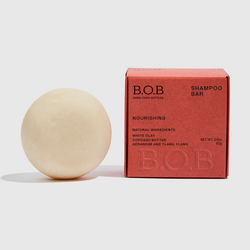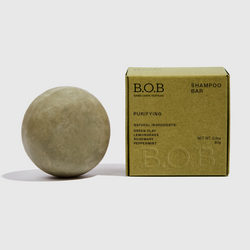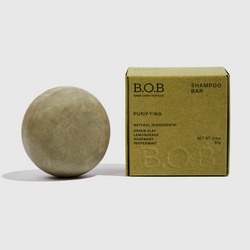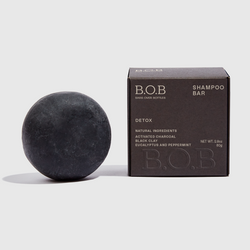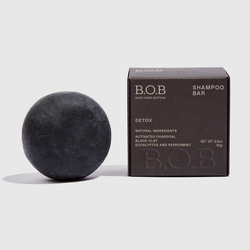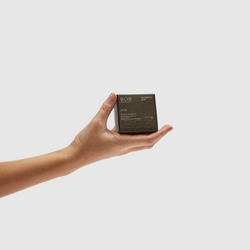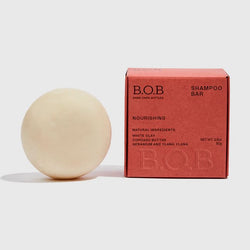How to Tell if Your Shampoo is Making Your Hair More Oily
Index
-
Understanding Hair Oil Production
-
Shampoo Ingredients That Can Cause Excess Oil Production
-
Signs That Your Shampoo Is Making Your Hair Oily
-
Tips for Reducing Excess Oil Production After Washing Your Hair
-
Get the best shampoo for oily hair
Do you feel like your hair is always oily, no matter how often you wash it? If so, your shampoo may be to blame. While shampoo is essential for keeping your hair clean and healthy, some ingredients can cause excess oil production on your scalp, leading to oily hair.
In this blog post I'll explore the reasons behind oily hair, the shampoo ingredients that can contribute to excess oil production, and the signs that your shampoo may be making your hair oilier. We'll also provide tips on how to reduce oil production and how to stop oily hair, to keep your hair looking clean and healthy. So, if you're tired of dealing with oily hair, keep reading to learn more!
Understanding Hair Oil Production
Hair oil is a natural substance produced by the scalp to keep the hair moisturized. However, excessive oil production can cause hair to become oily, dull, and heavy. Several factors can contribute to oily hair, including hormones, diet, and genetics.
When the scalp produces too much sebum, the hair becomes oily. Sebum is an oily substance secreted by the sebaceous glands in the scalp. The amount of sebum produced by the scalp can be influenced by several factors, such as hormonal imbalances, medication, stress, and genetics.
Shampoo Ingredients That Can Cause Excess Oil Production

There are some ingredients you should avoid in shampoo, that can cause hair to become oilier than usual. These ingredients include sulfates, silicones, mineral oils, and lanolin. These ingredients can leave residue on the hair, which can lead to excess oil production.
Sulfates are a common ingredient in many shampoos. They are responsible for creating the lather that helps remove dirt and oil from the scalp. However, sulfates can also strip the scalp of its natural oils, leading to increased oil production.
Silicones are often used in shampoos to provide a smooth and shiny appearance to the hair. However, they can also cause buildup on the scalp and hair, leading to increased oil production.
Mineral oil and lanolin are heavy ingredients that can clog hair follicles and prevent the scalp from breathing. This can lead to the production of excess oil on the scalp.
Signs That Your Shampoo Is Making Your Hair Oily

There are several signs that your shampoo may be contributing to the oiliness of your hair. These signs include:
- Hair becomes oily shortly after washing
- Itchy or irritated scalp
- Presence of dandruff
- Hair appears greasy and limp
If you are experiencing any of these symptoms, it may be time to switch to a gentler shampoo that is free from harsh chemicals.
Tips for Reducing Excess Oil Production After Washing Your Hair
If you want to reduce excess oil production after washing your hair, there are several tips you can follow. These include:
- Use a gentle, sulfate-free shampoo that is formulated for oily hair.
- Rinse your hair thoroughly to remove all shampoo and conditioner residue.
- Avoid using too much conditioner, as it can weigh down the hair and make it appear greasy.
- Use a clarifying shampoo once a week to remove any buildup on the scalp and hair.
- Avoid touching your hair too much, as this can transfer oil from the scalp to the hair.
Get the best shampoo for oily hair
If you're looking for the best shampoo bar for oily hair, keep reading:
Purifying Shampoo Bar
If you're looking for a shampoo bar that can treat oily hair, we recommend trying my Purifying Shampoo Bar. Made with natural ingredients like green clay and kernel oil, it helps to gently cleanse your scalp while reducing excess oil production.
Detox Shampoo Bar
Another option to consider is my Detox Shampoo Bar, which is designed to help remove buildup and impurities from your hair and scalp. With ingredients like activated charcoal and black clay, it can help balance your scalp's pH levels and promote healthy hair growth.
Moisturizing Conditioner Bar
For best results, I also recommend pairing your shampoo bar with my Moisturizing Conditioner Bar. Its lightweight formula, so won't weigh down your hair, and it contains nourishing ingredients like mango oil and sweet almond oil to help keep your hair soft and healthy.
Oily hair can be a frustrating problem to deal with, but there are several things you can do to reduce excess oil production. By using a gentle, sulfate-free shampoo and following these tips, you can keep your hair looking clean and healthy. Remember, the key to reducing oil production is to keep your scalp and hair clean and free from buildup. So, be sure to choose a shampoo that is gentle and free from harsh chemicals, such as the products offered by Bars Over Bottles.

